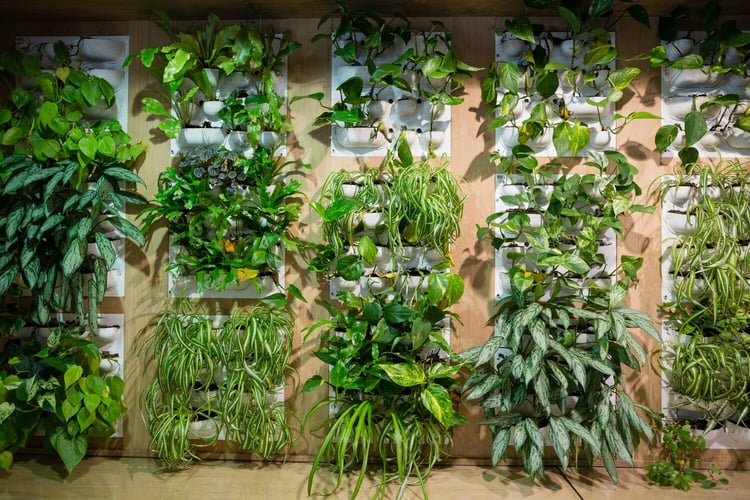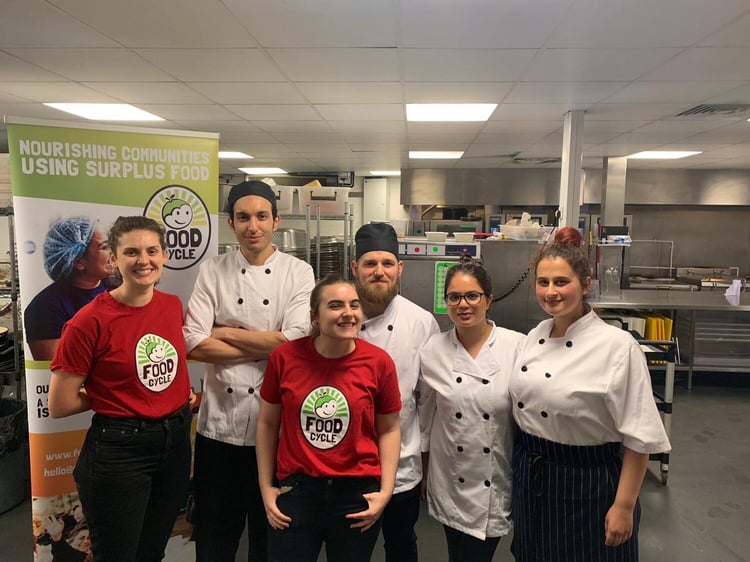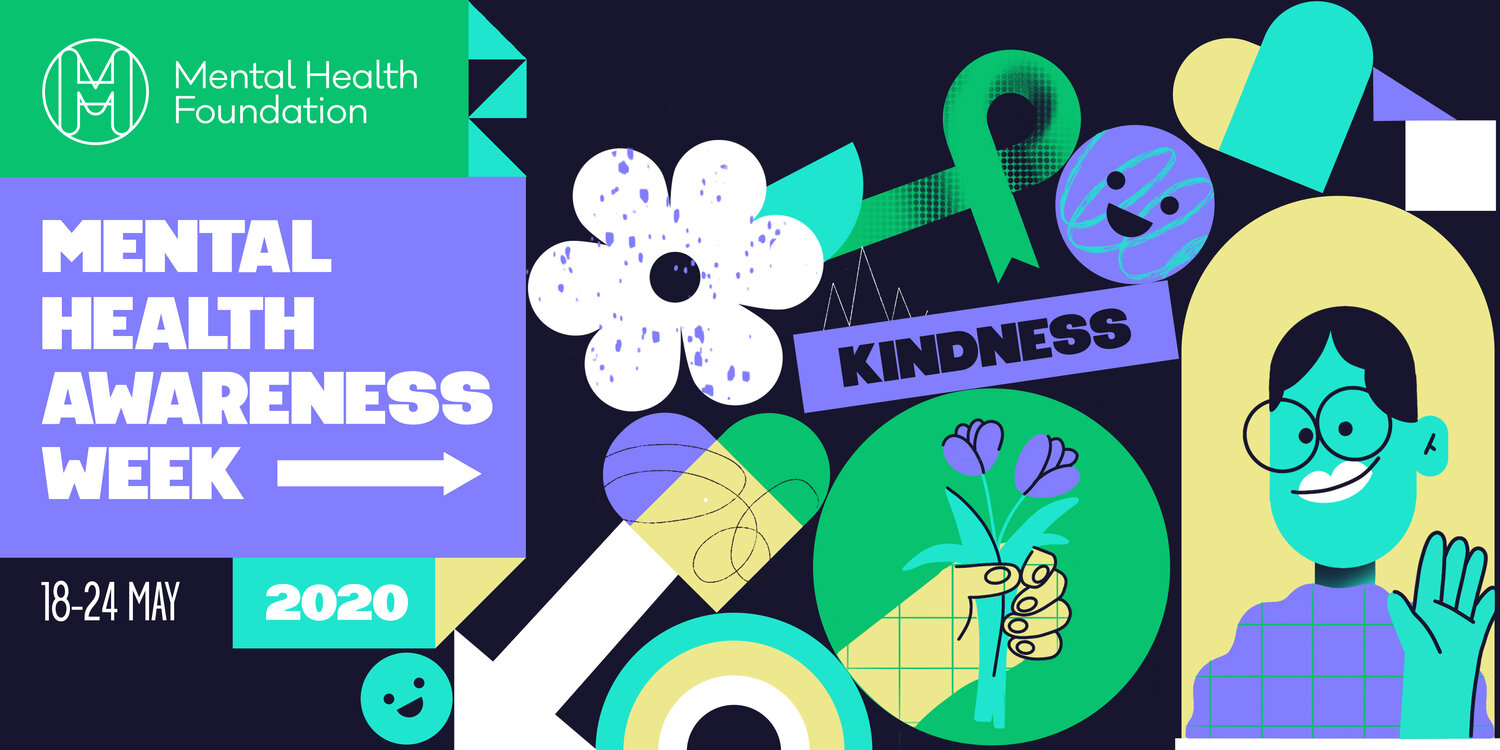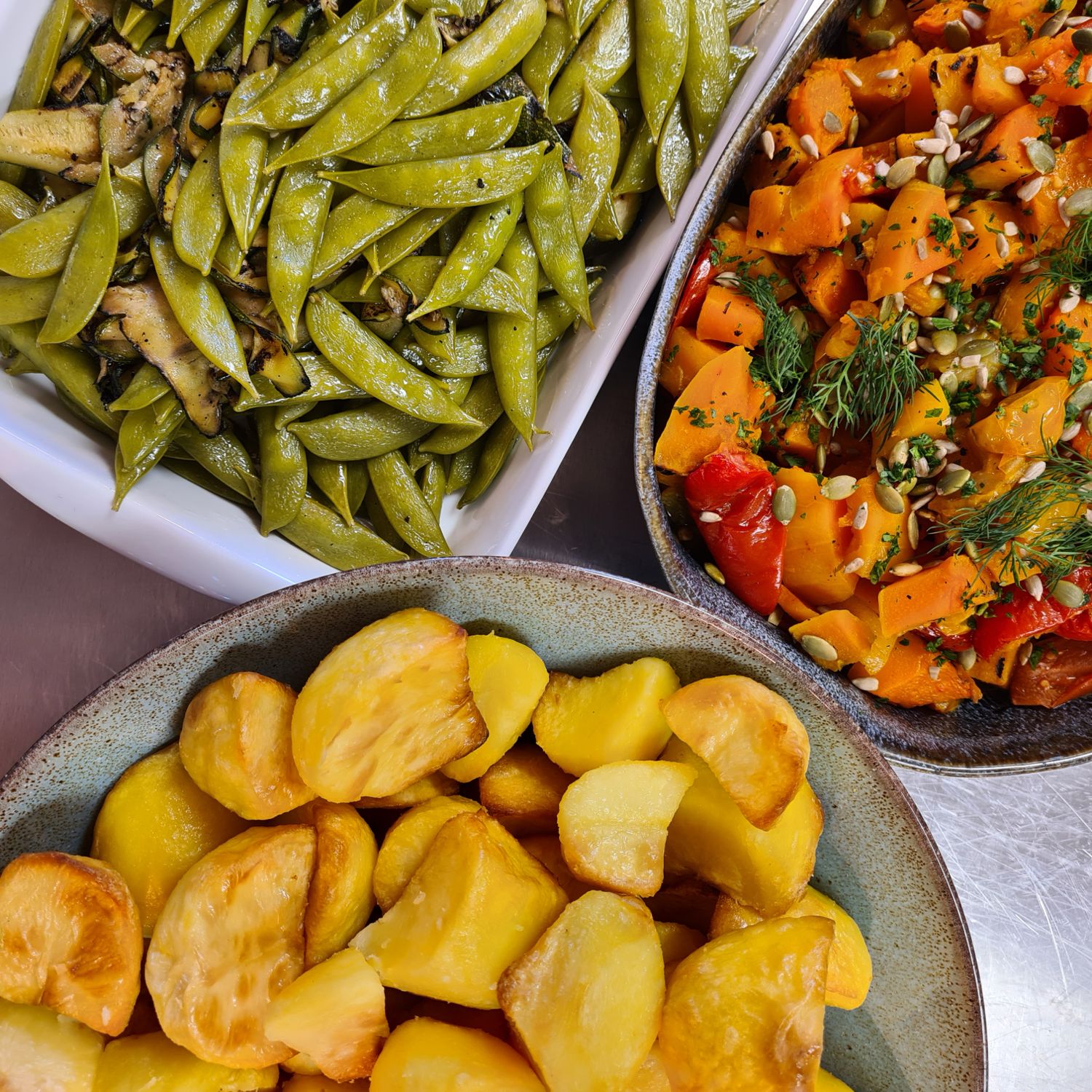Spring is supposed to be just around the corner but it sure doesn’t feel like it. The storms, wind and rain have been relentless and there doesn’t seem to be an end in sight. The days are starting to get a bit longer but the weather is keeping the sunshine away. We’re still firmly in “winter blues” territory.

While lots of us suffer from feeling low in winter months, 1 in 3 people in the UK actually have Seasonal Affective Disorder (SAD). SAD is a type of depression that’s related to changes in the seasons. If you’re like most people with SAD, your symptoms start in the fall and continue into the winter months, sapping your energy and making you feel moody.
With so many people affected by feeling low in the winter, there’s no doubt that some of your colleagues are suffering.
So, what can you do to help them fight off feeling blah?
Here are 5 great ways to perk up your office and get you through that final stretch until spring:
1. Buy some plants
The wonders of nature never cease to amaze. Living with plants is trendy, but it’s for good reason. Research has shown that plants clean our air and improve our mood. Why should the positive effects of plants be any different at work? In fact, one study showed that having plants in an office environment decreased instances of fatigue amongst workers by 30%. Want to know more? Check out this book on biophilic design, a concept used within the building industry to increase occupant connectivity to the natural environment.

2. Share a meal
Okay so we might be a bit biased here as we don’t think there’s any better way to improve our mood than sharing a meal. But, there is evidence to suggest we’re on to something. Research has shown that eating together makes us feel happier and more satisfied with life, more trusting of others, and more engaged with our local communities. Check out our menus to get an idea of how to perk up your staff with food. Here are some of our lucky diners enjoying a pop-up.

3. Throw a dance party
One of the best ways to fight feeling blah is to stay active – and what better way to stay active than to turn up the tunes and tap out a jig?! When you run on a treadmill you are getting the physical benefits of exercise but your brain can totally disengage. Dancing requires complex cognitive coordination and function – in other words, when you dance you exercise your body and your brain. One study compared the effects of dancing, listening to music (no movement) and cycling on a stationary bike in patients with depression. Results showed that all three activities alleviated depression but that dancing had the most impact.
4. Volunteer together
According to the NHS, volunteering can improve our mental well-being because it helps us stay connected with others and provides an opportunity for giving and receiving acts of kindness. A poll of more than 600 volunteers found that 63% of 25 to 34-year-olds said volunteering reduced their stress levels. Not sure where to start? Of course we’re partial to food-related charities like FoodCycle. We work with them to donate meals and raise awareness about food waste.

5. Provide light therapy
SAD can sometimes be treated with light therapy. It’s really very simple – you sit or work next to a light therapy box that mimics natural outdoor light. The idea is that the light affects the brain chemicals linked to mood and sleep – and therefore eases SAD symptoms. Sound like a gimmick? Read this woman’s story. Why not set up one of your meeting rooms with a light box and let people book in their 30 minutes of therapy? We should note here that SAD is a form of depression and if you or someone you know suffers from SAD you should seek professional advice.
Your employees, your colleagues, are the force responsible for making things happen at work. If you’re feeling the collective lows then chances are you’re not doing your best work. These tips for perking up the office might just do the trick – helping people forget about the long dark days outside and bringing a little happiness back to their day.
Want to bring us in for a pop-up? Get in touch.




